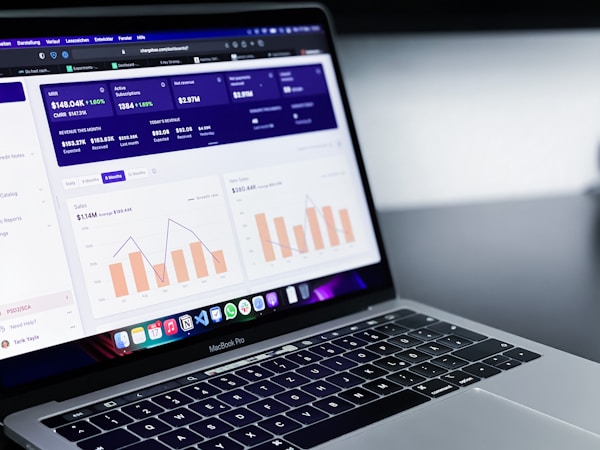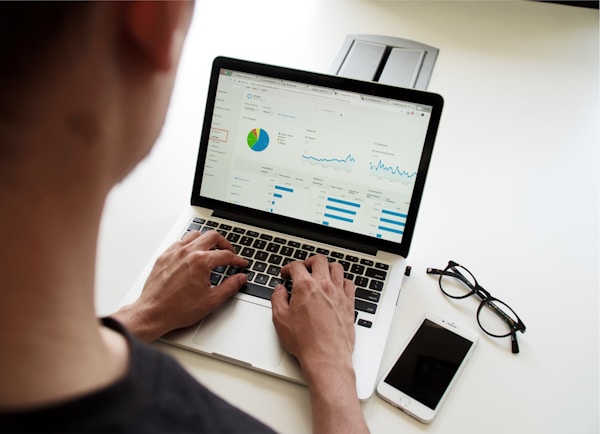There’s no doubt that analytics is becoming increasingly important in the modern business world. But what does analytics modernization actually mean for you and your organization? Keep reading to find out.
What is analytics modernization?

Analytics modernization refers to the use of modern technologies and methods to improve the effectiveness and efficiency of analytics. In other words, it’s about making sure that your analytics operations are up to date and using the latest techniques and tools available.
The benefits of analytics modernization are vast. These new technologies allow businesses to process large amounts of data more quickly and efficiently than ever before. They also enable organizations to analyze data in ways that were not previously possible. This allows them to make better decisions faster.
How do you know if analytics modernization is meant for you?
There are a number of reasons why you might want to modernize your analytics. Perhaps you need to improve your ability to quickly and accurately generate insights from data in order to stay ahead of the competition. Maybe you’re struggling to keep up with the ever-growing volume or variety of data. Or your analytics process might be slow and cumbersome, making it difficult to get timely insights from data.
When considering whether or not analytics modernization is right for your organization, there are several factors you need to take into account. The first step is understanding your current needs and what you hope to achieve with a new solution. Once you have a clear picture of your goals, you can begin evaluating different technologies that might meet those needs. You should also consider the size and complexity of your data as well as your budget and timeline constraints.
How can you ensure a smooth transition to analytics modernization?
Ensuring a smooth transition to analytics modernization means planning for the change and taking the time to properly implement the new system. It is important to select an analytics platform that can grow with your business and offers the flexibility to integrate with your existing systems. The platform should also be user-friendly enough so that employees across all levels of the organization can easily use it.
Training is essential, not only for users but also for managers who will need to understand how to best utilize analytics in their decision-making process. A phased rollout plan can help manage expectations and ensure that everyone understands how the new system works and what role they play in its success. Taking these steps will help ensure a smooth and successful transition.
What industries use analytics modernization?
There are many industries that use analytics modernization. The banking and healthcare industries are two of the most prominent users of analytics modernization. Banking is one of the most important and oldest industries in the world. The industry has seen a great deal of change in the last few decades, with the advent of new technology and the globalization of finance. In order to keep up with these changes and continue to provide quality customer service, and reduce fraud, the banking industry has been using analytics modernization.
The healthcare industry reduces costs and improves patient care with analytics modernization. Two of the most significant goals of the healthcare industry is to reduce costs and improve patient care. And analytics modernization is a key to achieving those goals. Analytics modernization can be applied to a wide range of activities in the healthcare industry, including identifying and targeting high-cost patients, preventing hospital readmissions, optimizing the use of medical resources, and improving patient care.
Conclusion
Overall, analytics modernization is important because it can help you make better decisions about your business. By improving your analytics capabilities, you can get a better understanding of what is happening in your business and make changes to improve performance.






